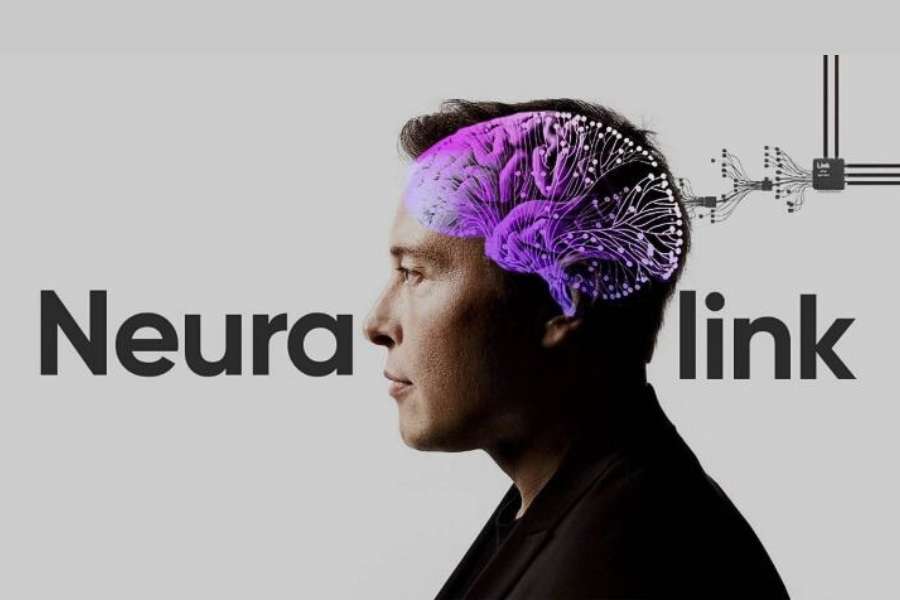Elon Musk, the company’s billionaire founder, announced on Sunday that the first human patient of the brain chip business Neuralink had received an implant and was doing well.
Elon Musk’s Neuralink fitted the first human Brain Chip. Explore the groundbreaking achievement in our blog post.
Musk stated in a post on the social media site X on Monday that “preliminary results show promising neuron spike detection.”
The National Institutes of Health defines neurons as cells that transmit information throughout the body and brain using chemical and electrical impulses.
Spikes are the activity of these neurons.
An essential step towards the startup’s goal of helping patients manage strokes and neurological diseases was reached last year when the US Food and Drug Administration gave the company permission to launch its first human study to evaluate its technology.
Neuralink announced in September that it has obtained approval to recruit participants for a human trial.
Neuralink previously stated that the project employed a robot to surgically implant a brain-computer interface (BCI) implant into a region of the brain that governs the intention to move, with the initial goal of assisting people being control of a computer cursor or keyboard. Using your mind only.
According to Neuralink, the “incredibly fine” threads in the implants aid in signal transmission to the subjects’ brains.
The first NeuralLink product, according to Musk, will be called Telepathy, he said in a different post on X.
The main project for the startup is a wireless brain-computer interface experiment to evaluate surgical robots and implants for safety.
A request for further information from Reuters was not immediately answered by Neuralink.
Concerns have been raised about the company’s security procedures.
The US Department of Transportation’s (DOT) regulations governing the transportation of hazardous goods were broken, and the corporation was punished for it, as Reuters reported earlier this month.
When the firm was valued at approximately $5 billion in June of last year, four legislators requested that the
U.S. Securities and Exchange Commission looked into whether Musk had misled investors about the security of his technology.
This request was made in late November.
The claim made in veterinary records that paralysis and other implant-related issues were present in monkeys is false.
Seizures with cerebral swelling.
On September 10, Musk posted on social media, saying, “No monkeys have died as a result of the Neuralink implant.” To reduce the risk to health, he said, the company used “terminal” monkeys.



